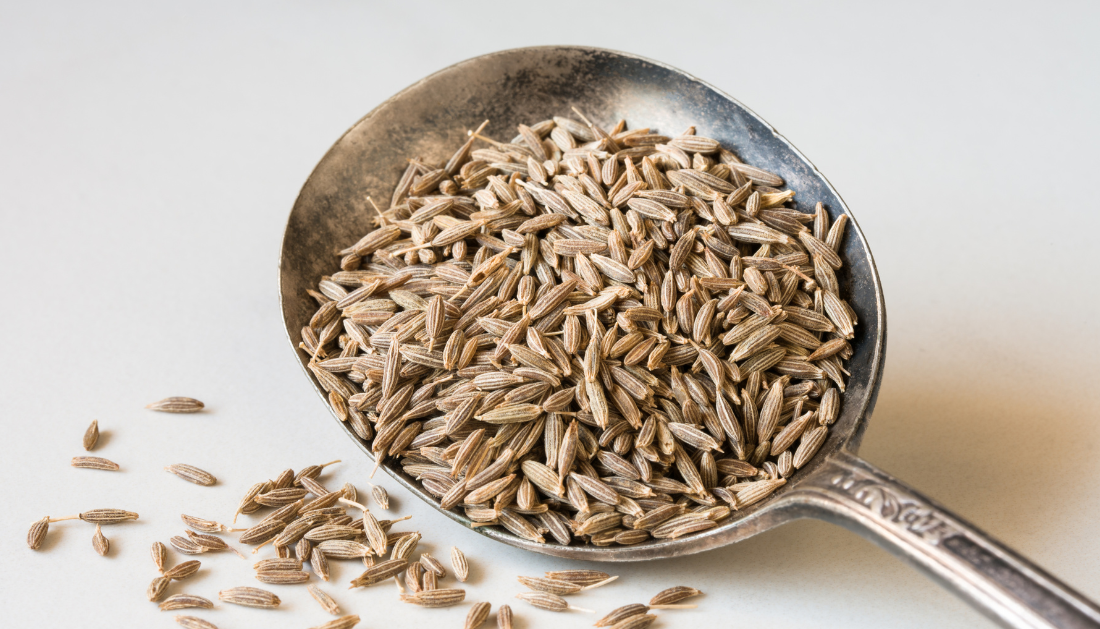

A team led by UNLV researchers has modified carvone (a compound from caraway seeds) to create novel CBD-like molecules that curb seizures in preclinical models, without the psychoactive or sedative side effects of THC or benzodiazepines. These synthetic compounds may offer a safer, more accessible therapy for refractory childhood epilepsies than existing options. Human trials remain a future step.
New Seizure Therapy from Caraway Seed Chemistry
In pioneering work, researchers from UNLV and collaborators fashioned a new family of cannabinoid-inspired anticonvulsants based on carvone, the chief component in caraway seeds. Unlike CBD or cannabis-derived drugs, these molecules are fully synthetic and free of THC, yet they retained and, in some models, enhanced seizure-suppressing potency in preclinical tests. Their performance exceeded that of traditional benzodiazepines in preventing seizures and reducing mortality, all while avoiding the sedative and neurodevelopmental side effects common to long-term benzodiazepine use.
Advance your clinical skills in Neurology and network with leading experts at American Neurology Summit 2025.
Why This Matters for Neurology and Epilepsy Care
From Food Spice to Drug Scaffold
Caraway seeds (also called meridian fennel) do not contain CBD, but they do produce a molecular scaffold (carvone) that was chemically reshaped to yield a CBD-analog library. By altering the molecular geometry, the team enhanced favorable pharmacological features while eliminating psychoactive components.
Superior Efficacy, Safer Profile in Preclinical Models
In animal epilepsy models, these carvone-derived compounds not only blocked seizures and reduced seizure-related mortality but also supported healthier neuronal development and avoided sedative side effects. This contrasts with benzodiazepines, whose long-term use in developmental epilepsies often incurs cognitive and behavioral costs.
Addressing Limitations of THC / CBD Drugs
Currently, Epidiolex is the only FDA-approved CBD therapy for seizures, but its regulatory complexity and cannabis origins limit access and use. The synthetic compounds derived from carvone may circumvent regulatory bottlenecks while preserving or enhancing anticonvulsant benefits, offering a more scalable and affordable path.
Implications for Clinical Practice and Research
- Potential for refractory pediatric epilepsy: Many children do not respond to existing antiseizure drugs; these new molecules may offer an alternative with fewer developmental risks.
- Reduced regulatory burden: Being fully synthetic and THC-free, the compounds may reduce stigma, controlled substance restrictions, and access barriers.
- Better tolerability: Avoiding sedation and psychoactivity strengthens their appeal for long-term use, especially in developing brains.
However, these promising results remain in the preclinical stage. Rigorous toxicology, dosing, pharmacokinetics, and ultimately human trials will be essential before adoption in practice. The work establishes a foundation, not a ready therapy.
What Comes Next for Clinicians and Researchers?
- Neurologists, epilepsy specialists, and pediatric neurologists should monitor updates and publications from this group as the compounds progress toward clinical translation.
- Research teams could explore combining carvone-based compounds with existing antiseizure medications or testing in diverse seizure models.
- Funding agencies and institutional review boards might prepare for translational steps, including safety studies, IND filings, and early Phase I/II trials.
Source:
University of Nevada, Las Vegas
more recommended stories
 Nanovaccine Design Boosts Immune Attack on HPV Tumors
Nanovaccine Design Boosts Immune Attack on HPV TumorsKey Highlights Reconfiguring peptide orientation significantly.
 High-Fat Diets Cause Damage to Metabolic Health
High-Fat Diets Cause Damage to Metabolic HealthKey Points Takeaways High-fat and ketogenic.
 Acute Ischemic Stroke: New Evidence for Neuroprotection
Acute Ischemic Stroke: New Evidence for NeuroprotectionKey Highlights A Phase III clinical.
 Statins Rarely Cause Side Effects, Large Trials Show
Statins Rarely Cause Side Effects, Large Trials ShowKey Points at a Glance Large.
 Can Too Many Antioxidants Harm Future Offspring?
Can Too Many Antioxidants Harm Future Offspring?Key Takeaways High-dose antioxidant supplementation in.
 Anxiety Reduction and Emotional Support on Social Media
Anxiety Reduction and Emotional Support on Social MediaKey Summary Anxiety commonly begins in.
 Liquid Biopsy Measures Epigenetic Instability in Cancer
Liquid Biopsy Measures Epigenetic Instability in CancerKey Takeaways Johns Hopkins researchers developed.
 Human Antibody Drug Response Prediction Gets an Upgrade
Human Antibody Drug Response Prediction Gets an UpgradeKey Takeaways A new humanized antibody.
 Pancreatic Cancer Research: Triple-Drug Therapy Success
Pancreatic Cancer Research: Triple-Drug Therapy SuccessKey Summary Spanish researchers report complete.
 Immune Cell Epigenome Links Genetics and Life Experience
Immune Cell Epigenome Links Genetics and Life ExperienceKey Takeaway Summary Immune cell responses.

Leave a Comment